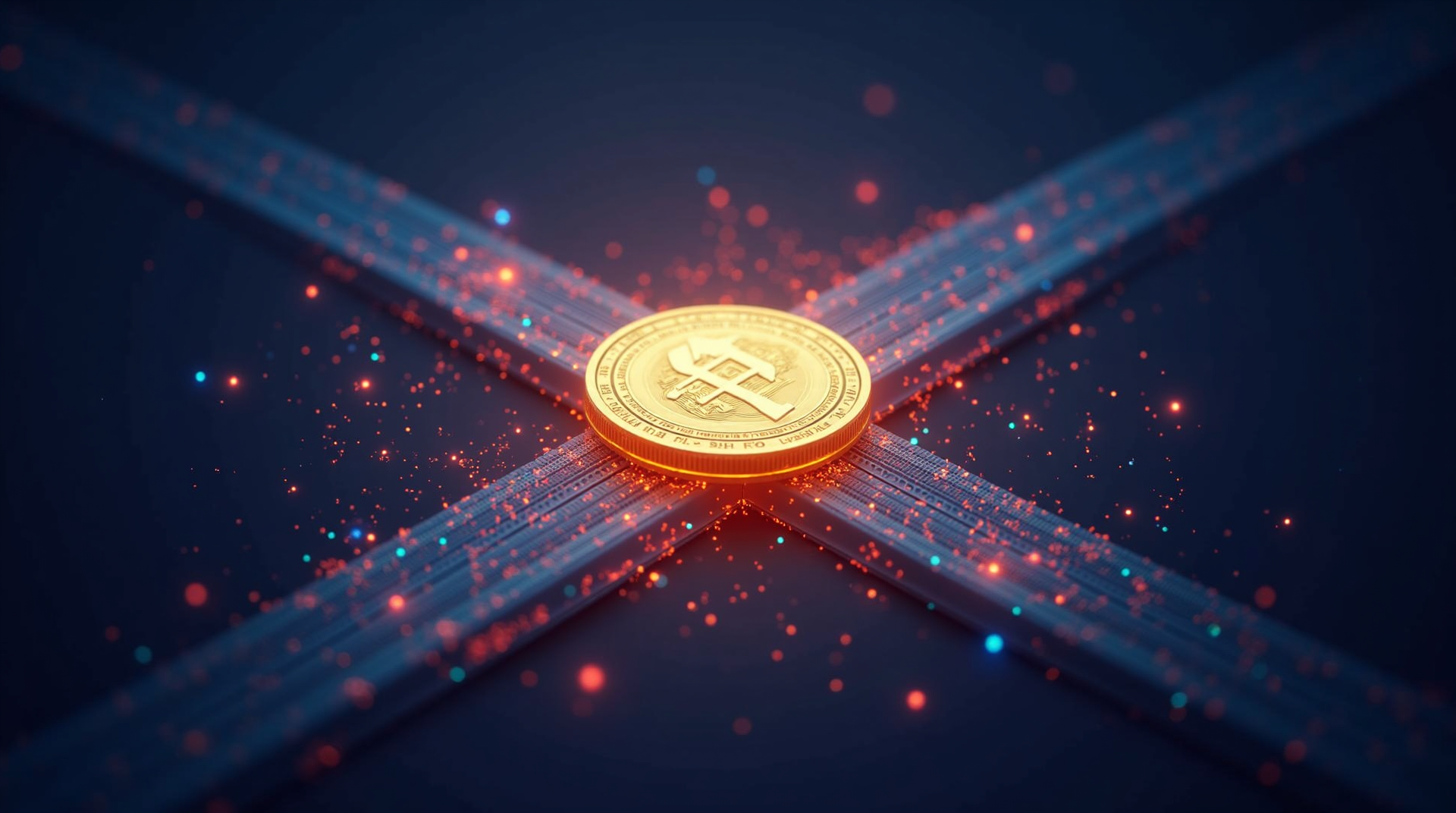Strategy, Partners, and Technology
SBI Shinsei Bank is advancing a strategic initiative to launch tokenized payment solutions centered on DCJPY, a yen-pegged digital currency developed in collaboration with DeCurret DCP. This initiative aims to address inefficiencies in traditional cross-border payments, such as high costs and extended settlement times, by leveraging blockchain technology. The bank plans to join the Partior network, a blockchain-based platform founded by JPMorgan, DBS, and Temasek, which facilitates real-time, multi-currency settlements. This integration, slated for fiscal year 2026, will position SBI Shinsei as the first Japanese bank to participate in this global network, enabling 24/7 operational capability and enhanced liquidity management for corporate clients.
DCJPY will function as a tokenized deposit, meaning it is fully backed by yen reserves and issued under Japan’s revised Payment Services Act, which restricts such offerings to licensed banks. This ensures regulatory compliance and stability, distinguishing it from volatile cryptocurrencies. The technical framework will enable instant settlements and programmable transactions, reducing reliance on correspondent banking intermediaries.

Context and Implications
This move aligns with a broader trend of financial institutions adopting tokenized assets. Deloitte estimates that by 2030, a quarter of high-value international transfers could occur on tokenized networks. SBI Shinsei’s strategy is further reinforced by its efforts to strengthen its financial position, including repaying public funds and preparing for relisting on the Tokyo Stock Exchange.
The implications are significant for corporate treasuries and payment infrastructures. Tokenized deposits like DCJPY could drastically reduce transaction fees and settlement times, enhancing operational efficiency for businesses engaged in international trade. The Partior network’s interoperability with major global banks, including DBS and Standard Chartered, also promises greater integration into the global financial ecosystem.
However, challenges remain, particularly around regulatory harmonization across jurisdictions and ensuring scalability and security of the blockchain infrastructure. Success will depend on widespread adoption, robust technical execution, and navigating evolving regulatory requirements.
SBI Shinsei Bank’s efforts represent a pivotal step in modernizing Japan’s financial infrastructure, blending innovation with regulatory clarity to position the country as a leader in the digital currency landscape.


